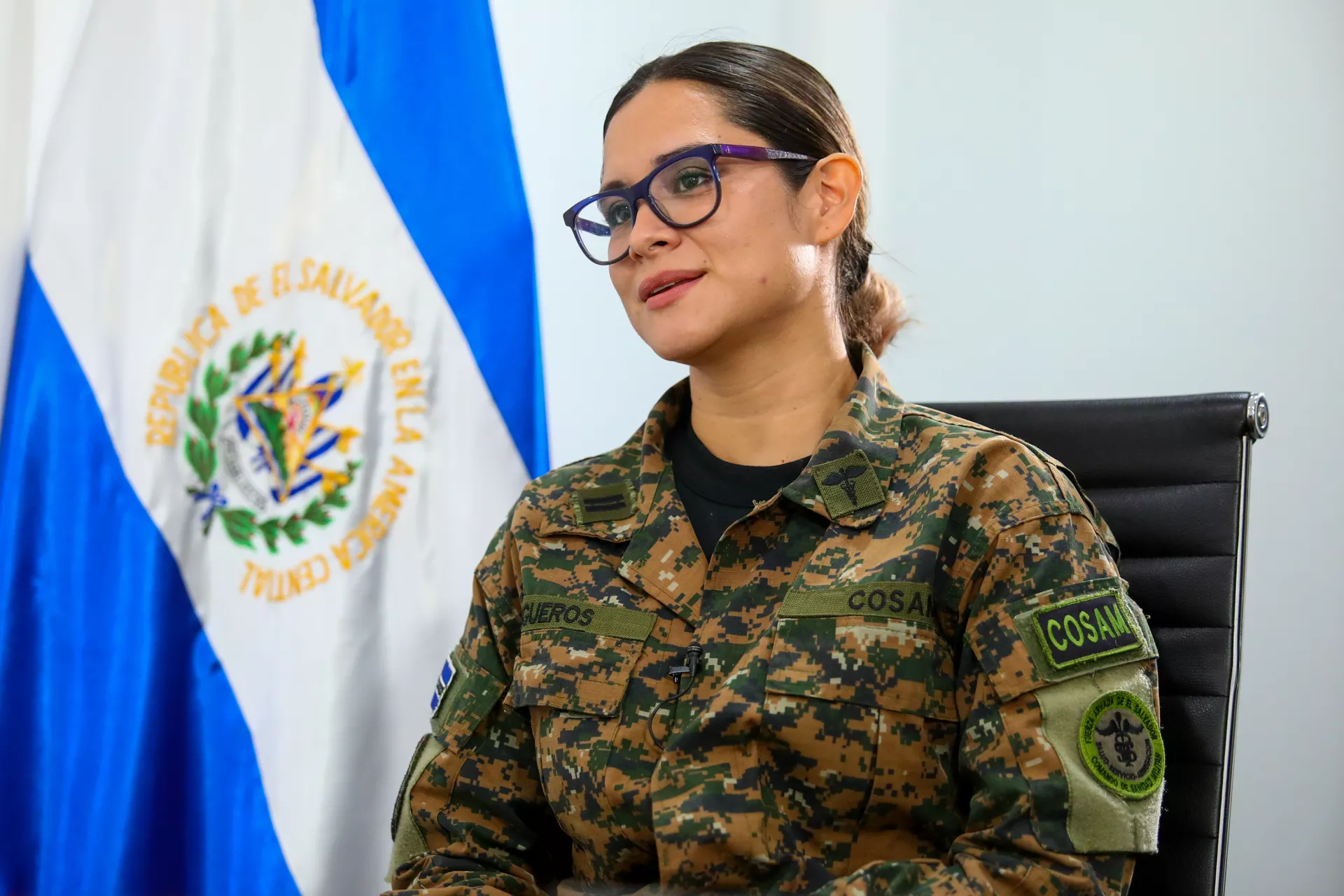El Salvador’s public schools will start enforcing daily inspections for students’ uniforms and haircuts from August 20, as ordered by the new education minister, Karla Trigueros. The military captain, appointed last week by President Nayib Bukele, aims to boost discipline in the nation’s over 5,100 public schools.
Trigueros, a 35-year-old doctor and army officer from Sonzacate, took office on August 14 after Bukele swore her in during a ceremony where she wore her military uniform. She entered the military academy at 16 in 2007, studied medicine on a scholarship, and rose to captain while leading health efforts like the national COVID-19 vaccination plan. Bukele praised her as the right person to ready future generations for tough challenges and high standards in a revamped El Salvador.
In her first major move, Trigueros sent a memo to school principals on August 18, calling for strict rules on student presentation. Principals must stand at school gates each morning to check for clean and orderly uniforms, suitable haircuts, and respectful greetings as students enter. The guidelines also require directors to model discipline for teachers and staff, fostering respect and positive interactions. Failing to follow these could lead to serious penalties for school leaders.
Since her appointment, Trigueros has toured schools across the country, often in camouflage fatigues, to assess needs firsthand. She visited sites in the east and places like Guazapa, where she promised quick fixes for rundown facilities. She also checked shelters and schools hit by recent rains, focusing on immediate interventions to improve conditions.
Bukele backed the changes on social media, sharing Trigueros’ post and stating that transforming education is key to building the El Salvador they envision. He has long pushed for order, gaining support through his anti-gang crackdown that slashed crime rates since he took power in 2019 and won reelection in 2024. Many schools once suffered from gang threats, affecting the 1.2 million students from kindergarten to high school.
Teachers’ groups, however, oppose the shift. The Salvadoran Teachers’ Front voiced alarm right after her naming, warning of rising abuses against students and staff. The Frente Magisterial Salvadoreño called the pick “aberrant,” fearing it signals a takeover by the military in education. They argue it worsens public education’s decline, possibly aiming to privatize it and making schools unsafe for kids.
These rules come as El Salvador deal with education issues tied to past violence and limited resources. With Trigueros at the helm, the government seeks to instill order, but critics see it as overreach that could harm teachers and students alike.
The changes affect all public schools, where principals now hold direct responsibility for daily compliance. As the school year continues, eyes remain on how these inspections play out and whether they deliver the discipline Bukele’s team promises.






